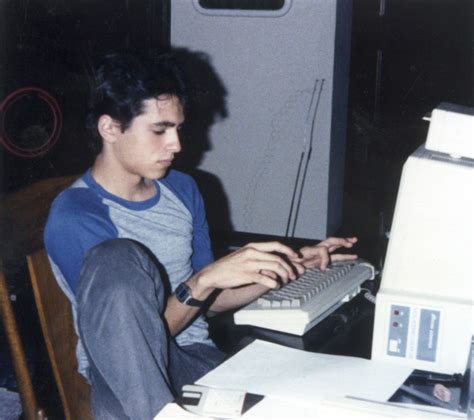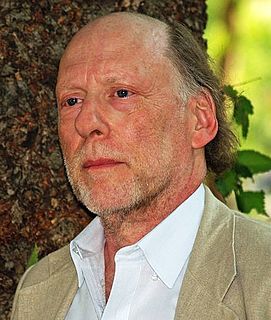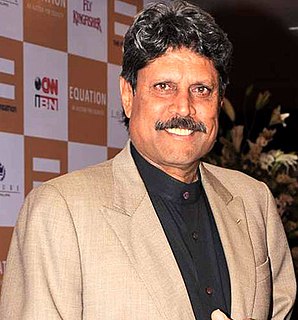A Quote by Edward R. Murrow
Except for those who think in terms of pious platitudes or dogma or narrow prejudice (and those thoughts we aren't interested in), people don't speak their beliefs easily, or publicly.
Related Quotes
First Thoughts are the everyday thoughts. Everyone has those. Second Thoughts are the thoughts you think about the way you think. People who enjoy thinking have those. Third Thoughts are thoughts that watch the world and think all by themselves. They’re rare, and often troublesome. Listening to them is part of witchcraft.
The central fact for me is, I think, that the [role of the] intellectual... cannot be played without a sense of being someone whose place it is publicly to raise embarrassing questions, to confront orthodoxy and dogma (rather than to produce them), to be someone who cannot easily be co-opted by governments or corporations, and whose raison d'etre is to represent all those people and issues that are routinely forgotten or swept under the rug.
One may have broad or narrow talents, but only education renders them useful. Schools set up to train people will develop the intelligence of those who have it and end the stupidity of those who do not, providing a specialty to those who have narrow talent and broad knowledge to those with all-around ability.
These people also tended to pretend to care deeply about the blind and otherwise disabled. I am sympathetic to the needs of those users, but I can't help but think that those who claimed to speak for the blind were being more than a little disingenuous, just like those Hemp people who present their arguments in terms of their deep and abiding care for the textile industry, when their real motives are ... something else entirely.
One must search diligently to find laudatory comments on education (other than those pious platitudes which are fodder for commencement speeches). It appears that most persons who have achieved fame and success in the world of ideas are cynical about formal education. These people are a select few, who often achieved success in spite of their education, or even without it. As has been said, the clever largely educate themselves, those less able aren't sufficiently clever or imaginative to benefit much from education.
I think character is very much a product of where you live, who you are, what is happening in that time of your life, and I'm interested in those pressures, those forces. A political context, a social context, really determines if not who people are then how they treat one another and what they say, how they speak.

































